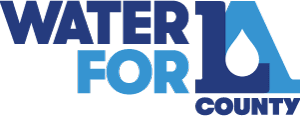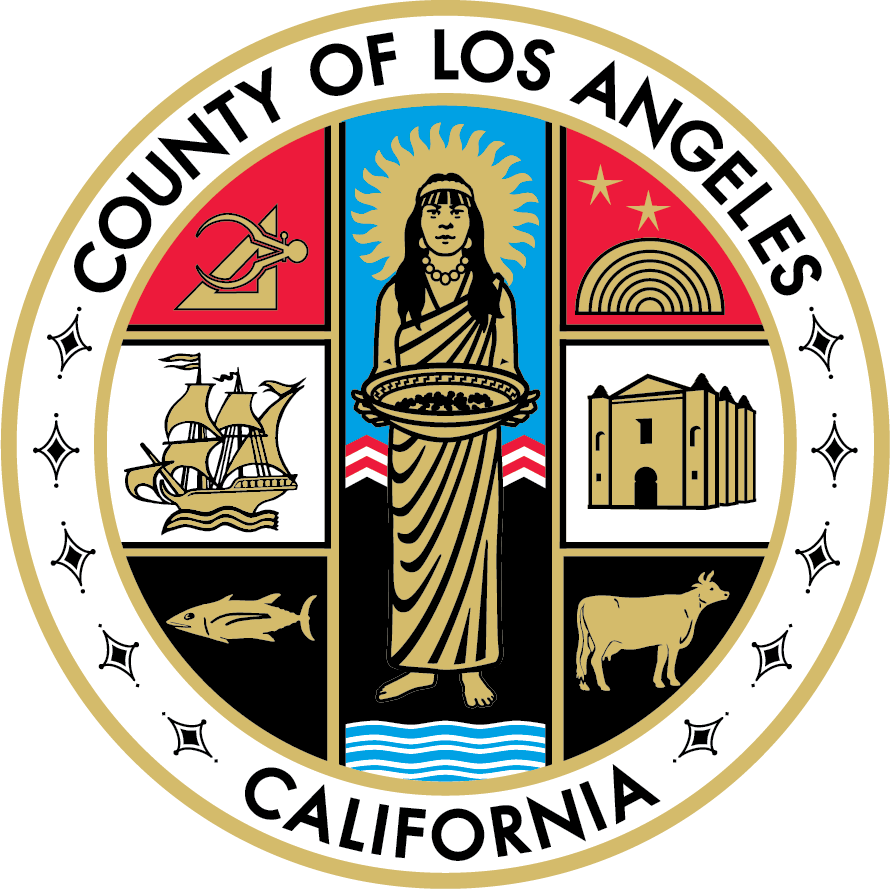Mission
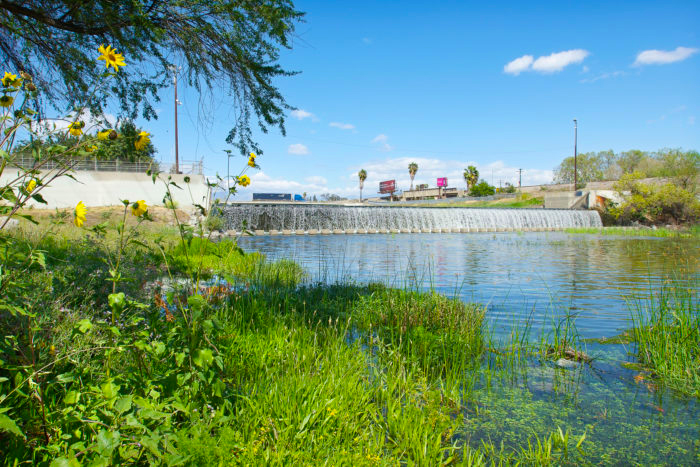
Water for LA
Water for LA is a program to transform LA County residents from passive water consumers to empowered and informed water advocates dedicated to sustainability and health for all.
As a trusted resource on all things water, Water for LA leads campaigns that educate the public and foster more sustainable behavior to help ensure the future of the region.
Water for LA envisions an LA County where residents understand and nurture their relationship with water—where it comes from, its connection to the rivers and lakes upstream, and how their actions impact their neighbors, region, ocean, and planet.
Where else can we build a community of fierce water advocates? As the saying goes: only in LA.
LA: Brought to you by water.
Simply put: Water is the soul of Los Angeles County. Over the course of just 100 years, a small town in a dry corner of California blossomed into a vibrant cultural and economic crossroads where people from all walks of life come to work, play, and thrive. There’s nowhere else like it. And it is all brought to you by water.
There’s a story behind virtually every drop. Yet a remarkable system that collects, protects, and distributes our water and makes this improbable place a reality, lives underground and far from mind. Most of the 10 million people who call LA County home know very little about what goes into filling their glasses or ensuring stormwater runoff is clean before it enters our rivers, lakes, streams, and ocean.
The region is entering a new day in its relationship with water. Climate change has intensified cycles of drought, flood, and fire. Two-thirds of our water is imported from increasingly stretched sources. As we have grown, so have the threats to our precious waterways and natural ecosystems—the place we call home.
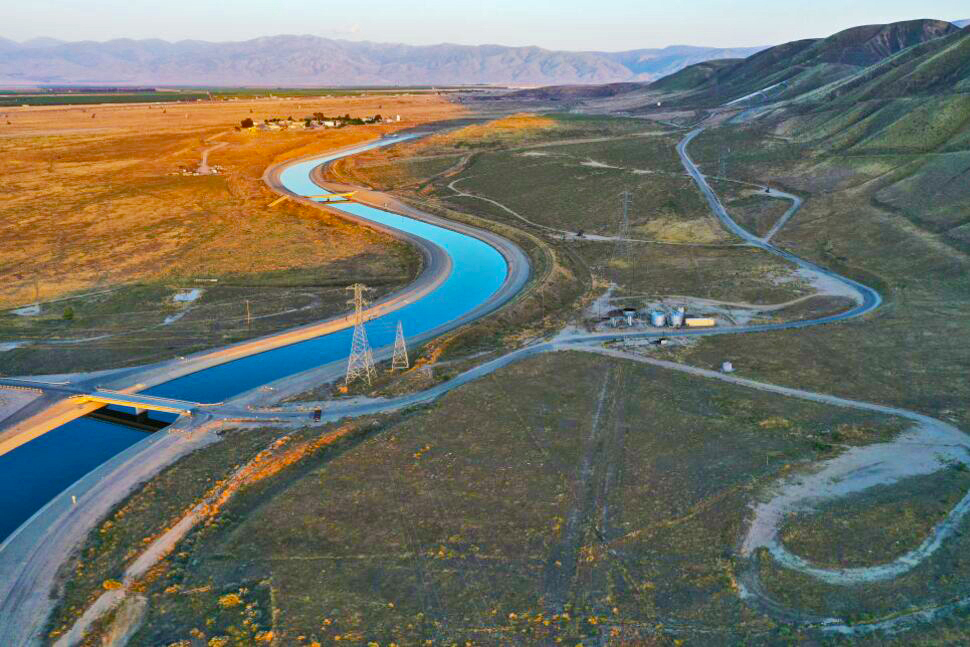
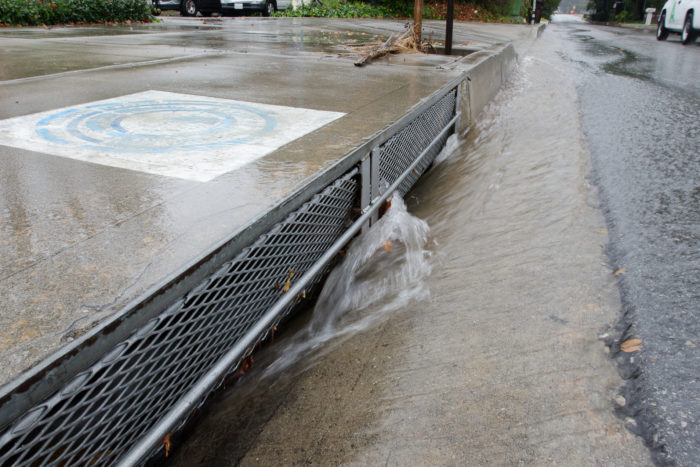
People built this place. Together, people can ensure its future.
The future of LA County depends on a water-literate public that understands how simple individual actions impact the complex networks that make up our water system. Topics like recycled water, flood protection, water pollution, and conservation are important and should feel as accessible as discussing the latest Dodgers game.
The truth is we can no longer afford to take our water for granted. It took a monumental effort to grow this improbable metropolis out of our arid soil. We met that challenge, but we face new threats to the sustainability and success of LA.
A significant portion of LA County’s safe, clean and reliable water supply comes from hundreds of miles away, making the journey from the Sierra Nevada Mountains and the Colorado River through a complex infrastructure system before reaching your tap.
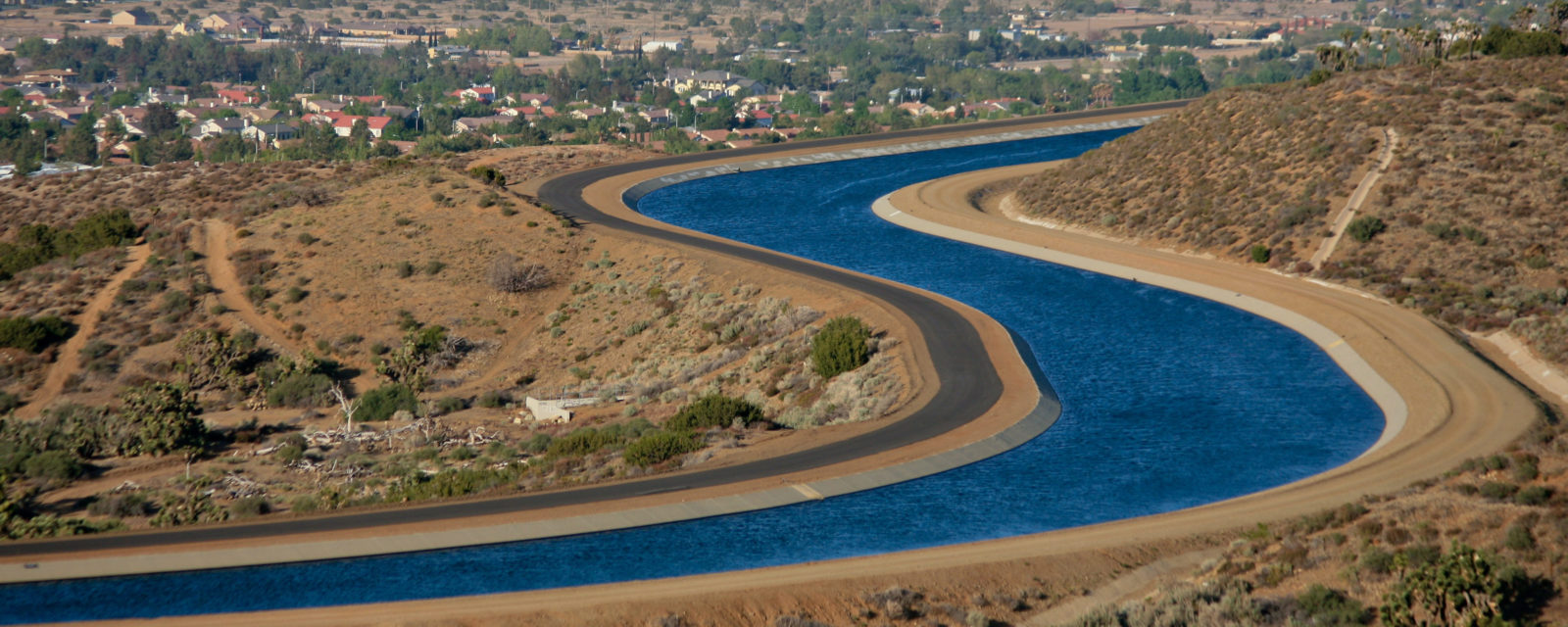
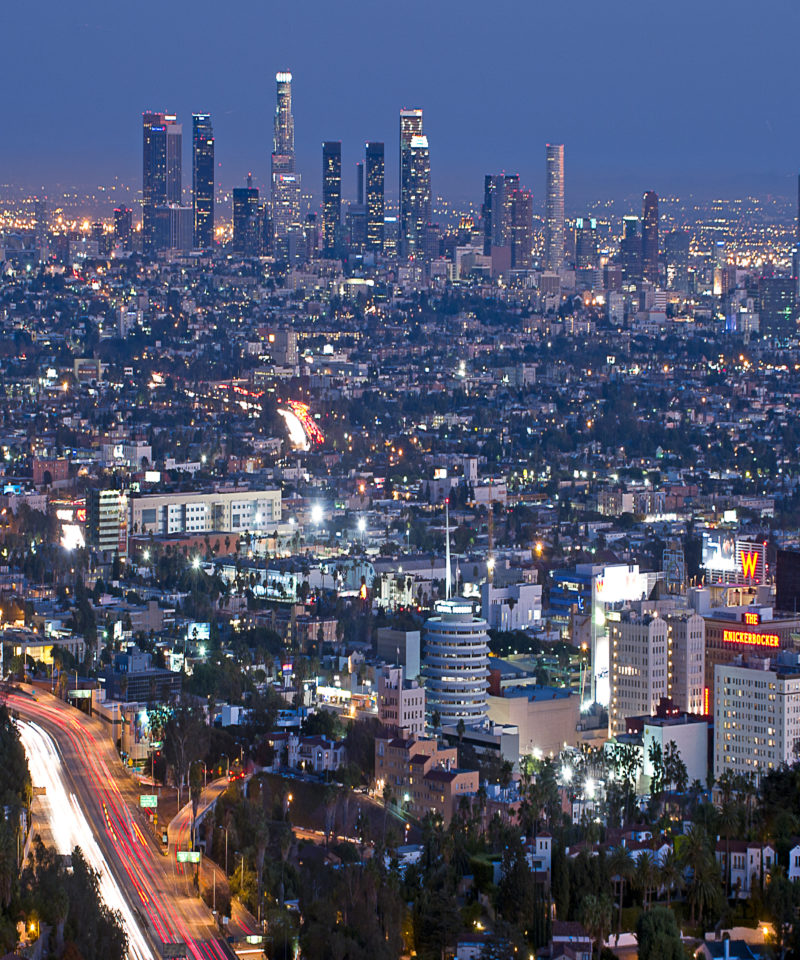
While major efforts are underway to increase local water supplies, clean up the groundwater far below our feet, recycle water to be used again, and capture and clean water from storms, it is of critical importance to balance perse and sustainable water sources with programs that improve the efficiency of water use and encourage conservation of water resources.
Making water efficiency a way of life
With the entire state of California in its third year of drought with one of the driest first quarters on record, LA County faces numerous water supply challenges – meaning, we all need to take critical steps now to conserve and safeguard water supplies for the future.
Through simple steps like dialing back your irrigation timers, fixing all leaks and broken sprinklers, swapping out high-water-using devices, updating your yard to a water-wise landscape design and not letting water run down the street, you can be part of the water-saving solution.
Protecting our water supplies also means keeping them clean
Pollution is threatening our quality of life, and we must all work together to help prevent contaminants from entering our storm drains, which flow directly into our waterways and oceans.
The majority of water in our stormwater system is not currently treated – it flows directly into local bodies of water and the ocean, meaning any pollution in the stormwater also flows into our precious natural environments.
Small actions can make a big difference, including the careful/proper use and disposal of the following:
- car oil, grease, used tires
- household waste materials
- pesticides, herbicides and fertilizers
- animal/pet waste
- green waste and other materials
